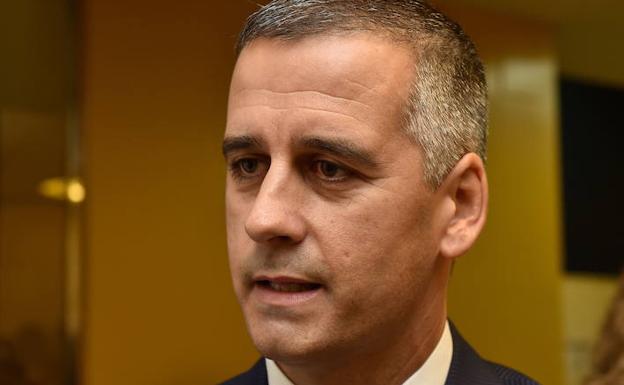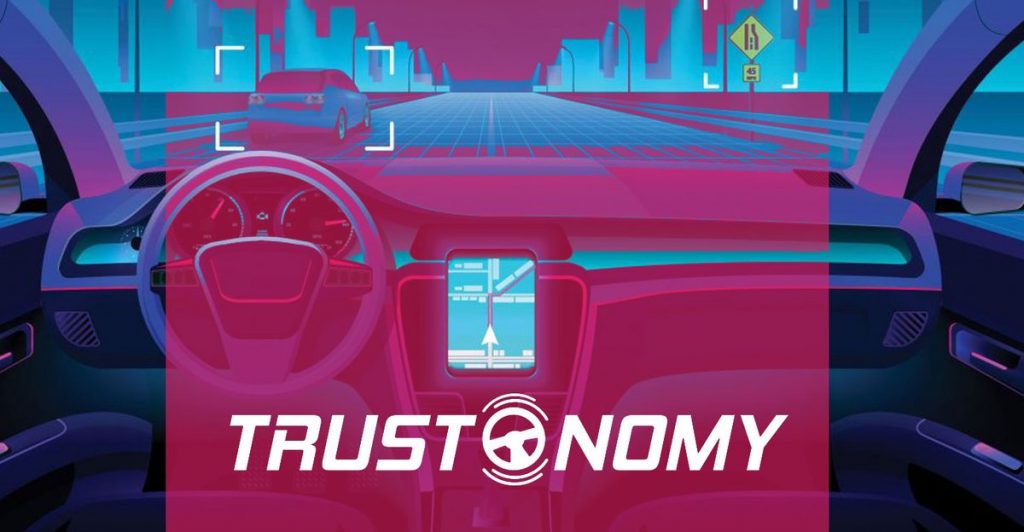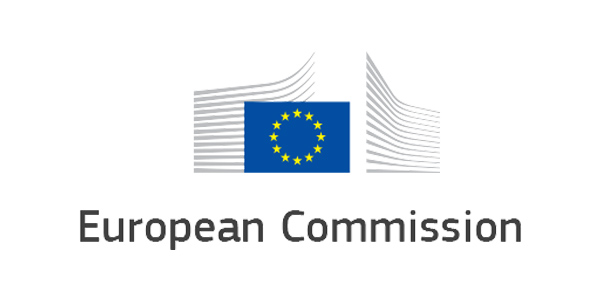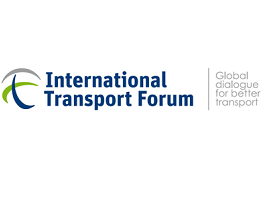EFA President Interview

With Enrique Lorca, EFA President, we talk about the difficult situation of driving exams in Spain and how technology is changing mobility.
EFA at Geneva for UNECE
At the 81st Global Forum for Road Traffic Safety (WP.1) in Geneva, EFA denounced the need to adapt driving training to the current technology of vehicles. Initial training and exams must be rethought, periodic training for drivers must be introduced.
NTU Position Paper
NTU makes the first move. Nordisk Trafikskole Union writes to DG Move asking to consider eco-friendly training in the near future. The issue will be addressed at the next meeting on 16 October on the Revision of Directive 20006/126 EC.
EFA Video
The Greek NGO “Road Safety Institute – Panos Mylonas” has produced a remake of a famous road safety video from the 1990s about the consequences of not wearing seat belts on the rear seats. EFA supports RSI in video distribution:
Please contact the EFA Secretariat for more information.
Trustonomy Survey
Trustonomy – Building Acceptance and Trust in Autonomous Mobility project asks EFA for collaboration for the dissemination of the survey on the acceptance of autonomous vehicles.


Finland drops “cars for kids” plan

ETSC reports the entry-into-force of a new law in Finland to permit children as young as 15 to drive regular cars fitted with speed limiters has been withdrawn following drawn-out discussions with the European Commission about the legal and road safety implications of the scheme.
Ethics of Connected and Automated Vehicles
The European Commission’s strategy on Cooperative, Connected and Automated Mobility (CCAM) aims to make Europe a world leader in the development and deployment of Connected and Automated Vehicles (CAVs). European Commission publishes the independent expert report “Ethics of automated vehicles”.
ITF Report Buses and Trucks

The report outlines the current status of technical regulations and standards for heavy low- and zero-emission vehicles (LZEVs). The report includes information on regulations and standards on vehicle safety, charging and refuelling infrastructure, environmental and energy-related performance and identifies remaining barriers and opportunities for their future development.










